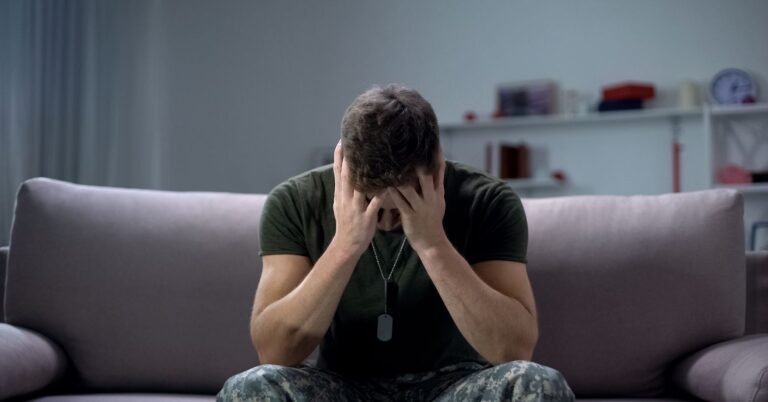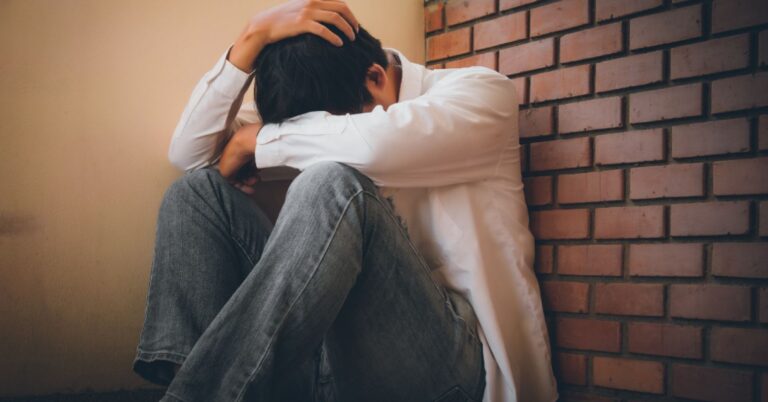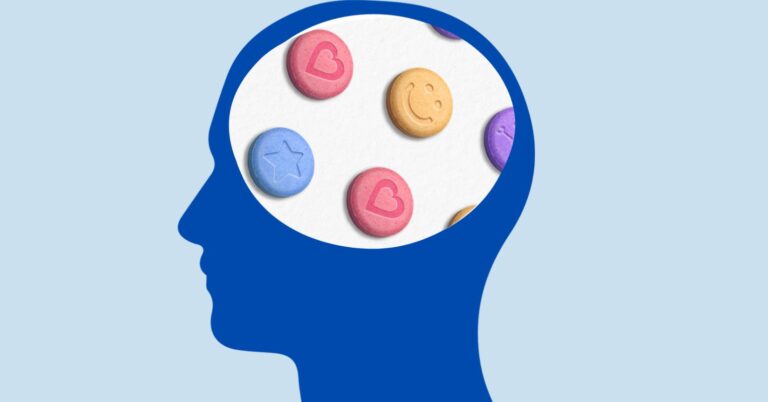
Source: KELLEPICS / Pixabay
It is a tragic reality that war harms the innocent. Though sources vary in estimates of magnitude, it is generally accepted that civilian casualties are two to three times greater than those of combatants.
There are always two types of casualties: physical casualties and psychological casualties. Suppose we consider hunger, disease, and displacement as sources of injury in addition to those killed and injured. In that case, the civilian-to-combatant casualty ratio expands dramatically as even more civilians become casualties.
But now let us add the potentially enduring, even transgenerational, impact of psychological trauma, grief, and depression as psychological casualties may evidence them. The ultimate impact of war upon civilians can be catastrophic.
Providing Support to Psychological Casualties
It should be immediately apparent that relying solely upon the formally trained mental health community to meet the tsunami of psychological casualties is a fool’s errand at best and neglectful at worst. So, what can be done?
A monograph published by the American Psychiatric Association as early as 1954 recommended psychological first-aid training,
In all disasters, whether they result from the forces of nature or from enemy attack, the people involved are subjected to stresses of a severity and quality not generally encountered … It is vital for all disaster workers to have some familiarity with common patterns of reaction to unusual emotional stress and … must also know the fundamental principles of coping most effectively with disturbed people.
The 2001 National Institute on Mental Health conference on mass violence noted that psychological first aid is now the first and most favored early psychological intervention approach.
It seems clear that psychological first aid (PFA) can be used to expand the mental health services of any community and enhance public health surge capacity (Everly & Lating, 2022; Everly, 2020; Jacobs, 2016). It may be possible to train community members in an advanced form of PFA, such as para-counseling.
As we train people to be community paramedics, why shouldn’t we train individuals to be community para counselors (Everly, 2023) to provide psychological assistance, especially in dire circumstances such as in the wake of disasters and war?
Psychological First Aid
PFA may be defined as a supportive and compassionate presence designed to de-escalate extreme arousal, mitigate acute distress and despair, and link to more advanced mental health services when necessary and available. Evidence suggests that such an intervention can be effective and applied by those outside the mental health professions, assuming they have received adequate training (Everly & Lating, 2022).
In 2003, the Institute of Medicine (IOM) wrote that a wide variety of responders is necessary to meet disaster-related psychological needs,
Those outside the mental health professions, who may regularly interface with the public, can contribute substantially to community healing … However, these professionals will require knowledge and training in order to provide effective support (IOM, 2003).
Several brief synchronous and asynchronous training programs are available from the National Center for PTSD, the International Critical Incident Stress Foundation, and the Johns Hopkins University Coursera online platform. The common features within these programs include:
- First, address any physical, medical, and safety needs.
- Second, in a compassionate and non-judgmental manner, allowing the person to express their distress.
- Third, if possible, help the person reestablish some sense of control, no matter how small. A sense of agency can serve to begin to empower someone who has experienced significant loss. This can also engender a sense of hopefulness.
- Lastly, when necessary and available, connect the person to supportive resources such as friends, family, neighbors, or even more formal relief and healthcare resources.
In times of war and disaster, it is essential to mobilize the supportive resources of a community and not let adversity tear them apart. History has taught that in the final analysis, communities and nations only recover when their people recover psychologically.
© George S. Everly, Jr., PhD, 2023.



















+ There are no comments
Add yours